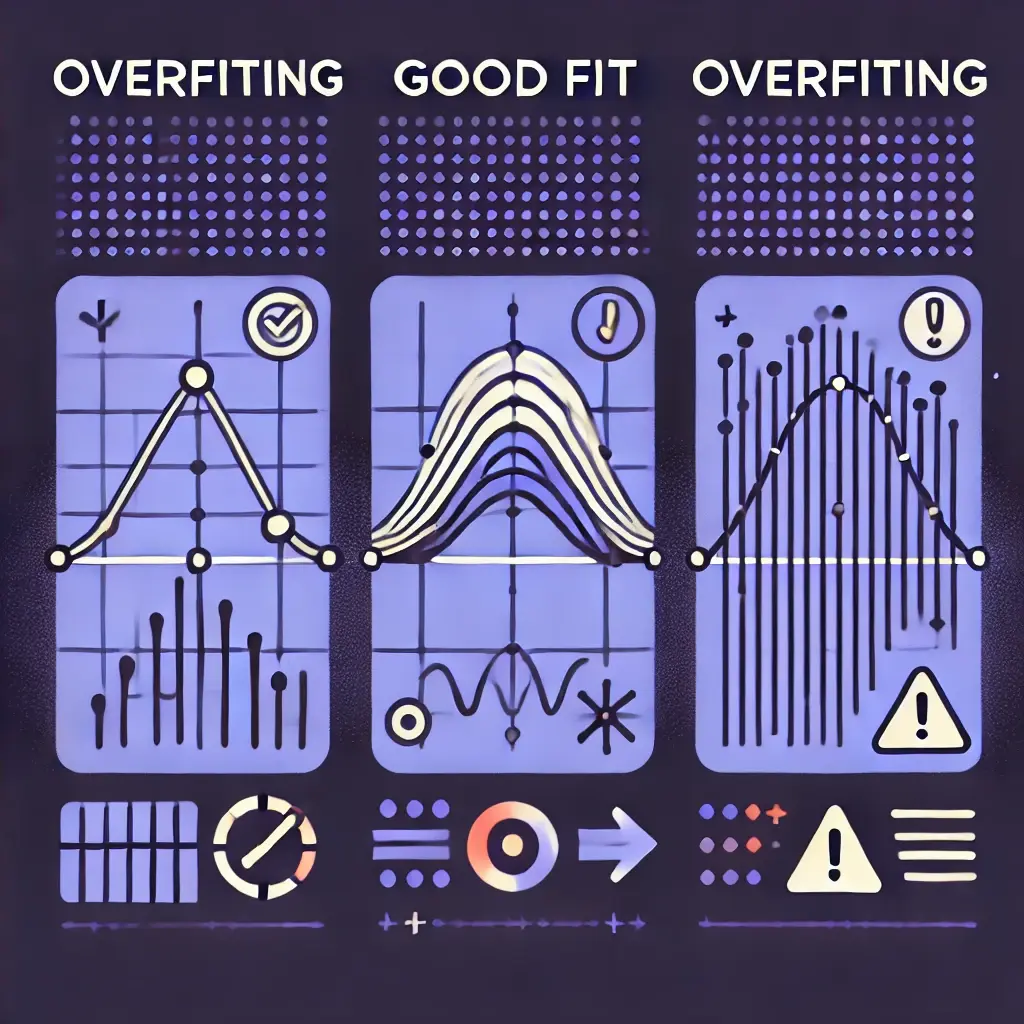
Derivative-Free Guidance in Continuous and Discrete Diffusion Models with Soft Value-Based Decoding
This blog post delves into the innovative method of Soft Value-Based Decoding in Diffusion Models (SVDD) for optimizing downstream reward functions in diffusion models. SVDD integrates soft value functions into the standard inference procedure of pre-trained diffusion models, eliminating the need for computationally expensive fine-tuning or differentiable proxy models. The blog will discuss the limitations of current methods, introduce the new SVDD algorithm, and explore its implementation and performance across various domains.

Multi-Source Spatial Knowledge Understanding for Immersive Visual Text-to-Speech
In this blog post, we delve into the exciting world of immersive Visual Text-to-Speech (VTTS) systems, specifically focusing on a novel multi-source spatial knowledge understanding scheme called MS2KU-VTTS. This innovative approach addresses previous limitations in VTTS studies by incorporating multiple sources of environmental data, including RGB images, depth images, speaker position, and semantic captions. The result? A more comprehensive and accurate environmental model that generates immersive, environment-matched reverberant speech. We'll explore the technical aspects of this scheme, its implications for the field, and practical applications for developers.

Neuro-Symbolic Traders: Assessing the Wisdom of AI Crowds in Markets
This blog post delves into the fascinating world of neuro-symbolic traders, a new breed of virtual traders that utilize deep generative models to make buying or selling decisions in financial markets. The post explores the development and testing of these traders, their impact on market dynamics, and their potential implications for the future of financial analysis. We'll also discuss the technical aspects of these models and provide practical guidance on how you can apply these concepts in your own projects.

Supervised Chain of Thought
This blog post explores the limitations of Large Language Models (LLMs) and the potential of the Chain of Thought (CoT) method to enhance their reasoning abilities. It delves into the core architecture of most LLMs, the Transformer, and its computational depth limitations. The post further discusses how CoT prompting can address these limitations and improve the models' capabilities. It also highlights the importance of the hidden state in reasoning tasks and the role of CoT in achieving optimal solutions in structured reasoning tasks.

Understanding Overfitting and Underfitting: A Comprehensive Guide
Welcome, budding machine-learning enthusiasts! Today, we're going to delve into an essential topic in machine learning: Overfitting and Underfitting. It's one of those concepts that often perplex beginners, but once you grasp it, you'll have taken a significant step in your machine-learning journey.

Comprehensive Guide to Supervised Learning: Regression and Classification Tasks
Welcome, future data scientists, to the world of Supervised Learning! This tutorial will take you on a journey through the concepts of Regression and Classification tasks, key components of Supervised Learning. But before we dive in, let's take a step back and answer some basic questions: What is Supervised Learning? Why is it important? And how is it applied in our everyday lives?

Perceptrons and Feedforward Neural Networks: Basics Explained
Welcome to our comprehensive guide on perceptrons and feedforward neural networks! These are foundational concepts in the field of machine learning and artificial intelligence, and understanding them is crucial to unlocking the potential of these exciting areas. But what are they, exactly? Why are they important? And how are they used in the real world? Let's find out!

Overview of CNNs: How Machines Learn to See
Welcome to this comprehensive, beginner-friendly tutorial on Convolutional Neural Networks (CNNs), a revolutionary technology that has contributed significantly to the field of image recognition and computer vision. In this tutorial, we'll delve into the world of CNNs, exploring what they are, why they're important, and how they're applied in various real-world scenarios.

Metrics for Classification: Accuracy, Precision, Recall, F1-Score, ROC-AUC
Welcome to this in-depth, beginner-friendly guide to the world of metrics for classification. Over the course of this tutorial, we'll be diving into the fascinating topic of how we measure the performance of classification models in machine learning, focusing on five key metrics: Accuracy, Precision, Recall, F1-Score, and ROC-AUC.

Simplify ML development
and scale with ease
Join the researchers and engineers who use Modlee
Join us in shaping the AI era
MODLEE is designed and maintained for developers, by developers passionate about evolving the state of the art of AI innovation and research.